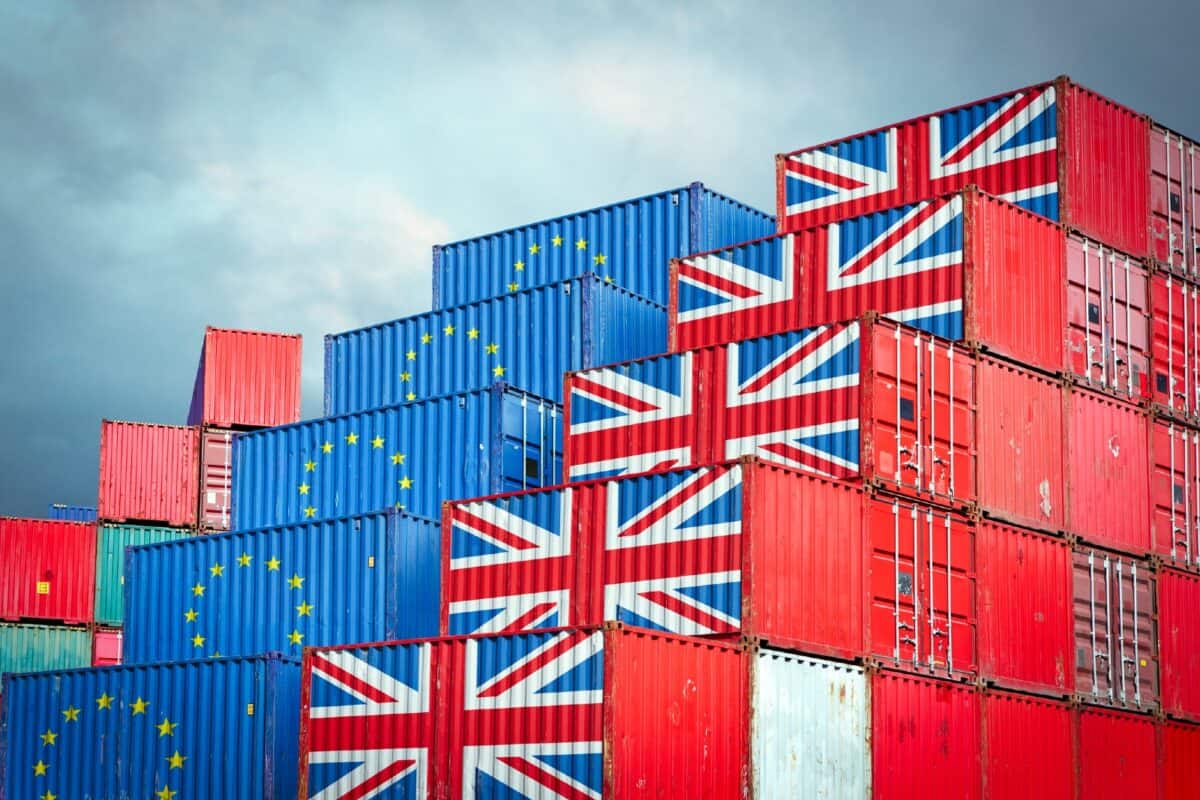In recent years, the cost of transportation in Nigeria, like everything else, has skyrocketed, putting immense pressure on citizens. This surge is not just a local issue, but one deeply intertwined with national and global factors. The removal of fuel subsidies, the devaluation of the naira, and the volatile nature of international oil prices have all contributed to an unprecedented rise in petrol costs—from N185 per litre before the subsidy removal to a staggering N900, on average.
This hike in transportation costs has left many Nigerians struggling, particularly in urban centres where daily commutes are unavoidable. For a country where many rely on public transportation to navigate their daily lives, the surge in petrol prices has had a ripple effect. Transportation costs have risen in direct correlation with fuel prices, affecting everything from the price of goods in local markets to the overall cost of living.
Public transport fares have doubled, in some cases tripled, in a matter of months, further straining the pockets of average Nigerians who are already grappling with inflation and economic uncertainty. The removal of fuel subsidies—while a necessary economic policy to stem the haemorrhaging of government funds—has nonetheless increased the financial burden on everyday Nigerians. The supposed gains have so far failed to materialise.
Furthermore, the devaluation of the naira has diminished citizens’ purchasing power, leading to higher costs of imported goods a.


















